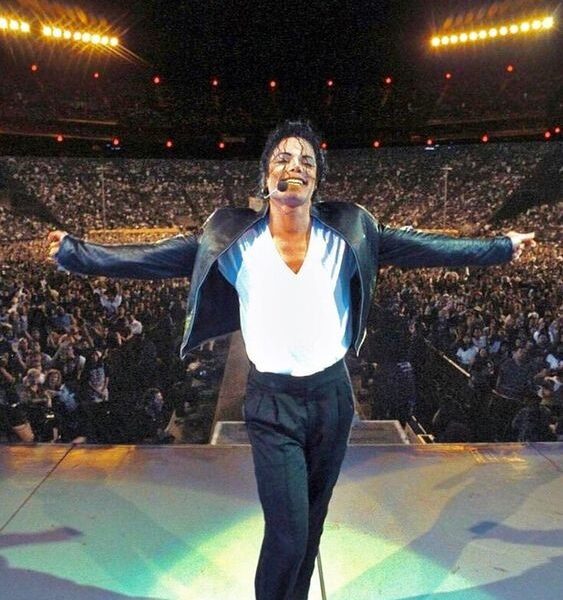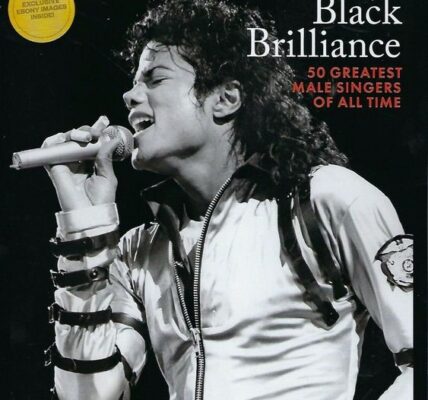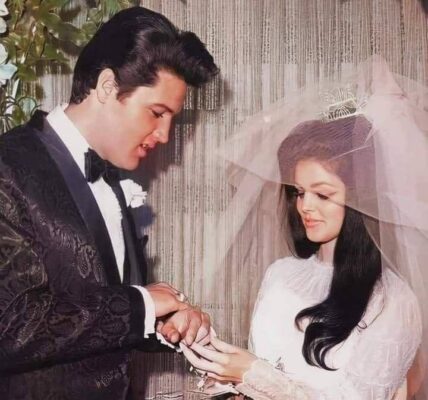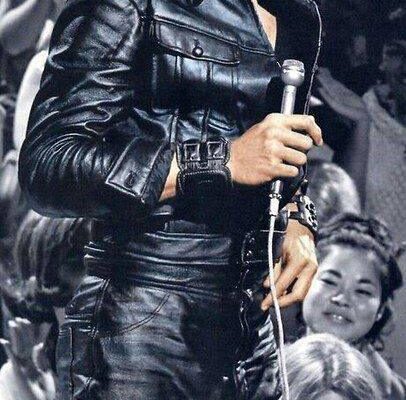The King of Pop and Sony Walkman: Michael Jackson’s Iconic Endorsement That Changed Music Forever!
In the early 1980s, the music industry was on the brink of a seismic shift. The Sony Walkman, an innovative portable cassette player, was poised to revolutionize how music was consumed. It promised not just a new way to listen to music but a new way to experience it—intimately and personally. This transformation from a passive activity to an immersive, personal experience would not have been complete without a powerful endorsement. Enter Michael Jackson, the King of Pop, whose partnership with Sony not only propelled the Walkman to unprecedented heights but also changed the landscape of music and entertainment forever.
The Emergence of the Sony Walkman
The Sony Walkman was introduced in 1979 in Japan and quickly became a sensation. Its breakthrough technology allowed users to carry their favorite music with them wherever they went. Before the Walkman, music was largely a communal experience. People gathered around radios, record players, or cassette decks, often sharing their musical experiences with others. The Walkman changed this dynamic by giving individuals the power to curate their own soundtrack, free from the constraints of shared listening.
This personal touch was a revolutionary concept at the time. The Walkman’s compact size and lightweight design made it easy to carry, while its use of cassette tapes offered a portable and flexible medium for music. It was a far cry from the bulky radios and record players of the past. With the Walkman, the experience of music became private and individualistic, setting the stage for a new era in music consumption.
Michael Jackson: The King of Pop
By the early 1980s, Michael Jackson was already an international superstar. His 1982 album, Thriller, was not just a commercial success; it was a cultural phenomenon. Jackson’s influence extended beyond music into fashion, dance, and film. His performances were characterized by groundbreaking choreography, a distinctive vocal style, and an aura of charisma that captivated audiences around the globe.
Jackson’s status as the King of Pop was cemented by Thriller, which remains one of the best-selling albums of all time. His music videos, such as the iconic “Thriller” video, pushed the boundaries of what was possible in the medium, combining music with cinematic storytelling. Jackson’s impact on the music industry was profound, making him an ideal figure to endorse the Sony Walkman.
The Intersection of Jackson and the Walkman
The collaboration between Michael Jackson and the Sony Walkman was a masterstroke of marketing genius. The partnership was not just about a celebrity endorsement; it was a synergy of two cultural phenomena. Jackson’s endorsement of the Walkman was a deliberate move to align the product with the energy and innovation of his music.
In 1983, Sony launched a high-profile advertising campaign featuring Michael Jackson. The campaign showcased Jackson using the Walkman, emphasizing the personal and immersive experience that the device offered. The visual of Jackson—one of the most recognizable figures in popular culture—using the Walkman helped to create a strong association between the device and the thrill of personal music enjoyment.
The ad campaign was more than just a promotional effort; it was a cultural statement. Jackson’s endorsement brought an unprecedented level of visibility to the Walkman, positioning it as not just a gadget but an essential accessory for music lovers. The partnership highlighted how technology and music could intersect in new and exciting ways, reflecting the innovative spirit of both Jackson and Sony.
The Impact on Music and Culture
The effect of Michael Jackson’s endorsement of the Sony Walkman was immediate and profound. Sales of the Walkman soared, and it quickly became a must-have item for music enthusiasts. The Walkman’s popularity was driven in part by Jackson’s endorsement, which lent the product an aura of coolness and exclusivity. People wanted to experience music the way Jackson did, and the Walkman made that possible.
The success of the Walkman also marked the beginning of a broader shift in how people interacted with music. The concept of personal, portable music consumption would pave the way for future innovations, including the CD player, the MP3 player, and eventually, digital streaming services. The Walkman was a precursor to the digital revolution, and its success was a testament to the changing nature of music consumption.
Jackson’s endorsement also underscored the growing importance of celebrity in marketing. In the 1980s, the idea of a celebrity endorsing a product was not new, but Jackson’s involvement took it to a new level. His influence helped to shape consumer perceptions and create a powerful connection between the product and popular culture.
The Legacy of the Walkman and Jackson’s Influence
The Sony Walkman’s legacy is a testament to its impact on music and technology. It was more than just a device; it was a cultural icon that changed how people experienced music. The Walkman’s success was driven by its innovative design and its ability to offer a new level of personal engagement with music. Michael Jackson’s endorsement played a crucial role in this success, highlighting his influence on both music and consumer culture.
Jackson’s influence extended beyond the Walkman. His impact on music, fashion, and entertainment continued to shape the industry long after the Walkman’s heyday. The partnership between Jackson and Sony is remembered as a landmark moment in the history of music and marketing, demonstrating how celebrity endorsements can drive technological adoption and shape cultural trends.
In retrospect, the collaboration between Michael Jackson and the Sony Walkman was a perfect storm of innovation, marketing, and cultural influence. It represented a pivotal moment in the evolution of music consumption and underscored the power of celebrity in shaping consumer behavior. As we look back on this era, it is clear that the Walkman and Jackson’s endorsement were more than just a passing trend—they were a defining moment in the history of music and technology.
Conclusion
The early 1980s were a transformative period in the music industry, marked by the introduction of the Sony Walkman and its endorsement by Michael Jackson. The Walkman’s revolutionized how people experienced music, turning it from a communal activity into a personal, portable experience. Michael Jackson’s endorsement was instrumental in the Walkman’s success, highlighting his influence on both music and consumer culture.
The impact of this collaboration extends beyond the immediate success of the Walkman. It represents a significant moment in the evolution of music consumption and the role of celebrity in marketing. Jackson’s influence on the Walkman and the broader music industry continues to be felt today, underscoring the lasting legacy of both the King of Pop and the iconic Walkman.
As we reflect on this pivotal moment in music history, it is clear that the partnership between Michael Jackson and the Sony Walkman was more than just a marketing strategy—it was a cultural milestone that changed the way we experience music forever




